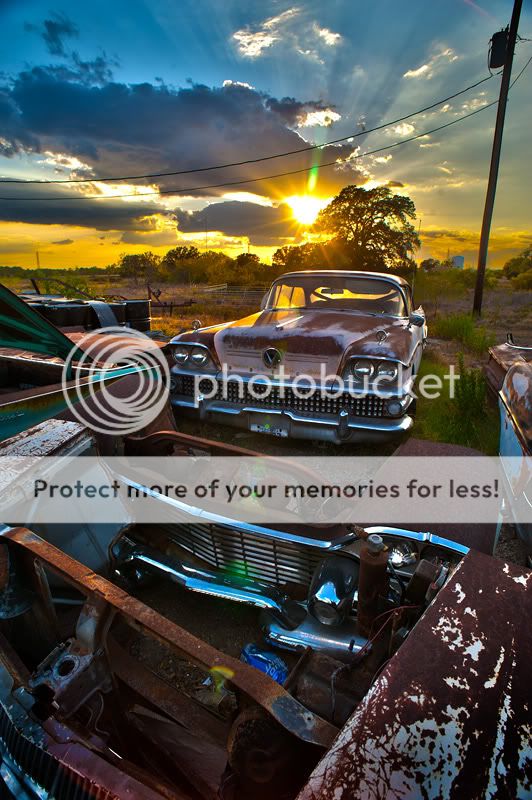SabrinaO
TPF Noob!
- Joined
- Sep 26, 2010
- Messages
- 1,315
- Reaction score
- 75
- Can others edit my Photos
- Photos OK to edit
I don't really know too much about HDR but I know it involves bracketing and some special HDR software. I decided to do these shots in "HDR", and thought of a different way. I just boosted clarity to the max, sharpening and contrast... and increased the black. Do these look HDR to you? If so, why do people go through all the trouble with the bracketing, layering, stacking, and the software?




Also.. these arent THAT sharp... flickr just oversharpened them....




Also.. these arent THAT sharp... flickr just oversharpened them....




 It looks really bad I guess because of how underexposed the foreground is... so I see the point in bracketing.
It looks really bad I guess because of how underexposed the foreground is... so I see the point in bracketing. 



![[No title]](/data/xfmg/thumbnail/37/37116-fdf3127b1d8834c25461dd2d201c031c.jpg?1734169831)







